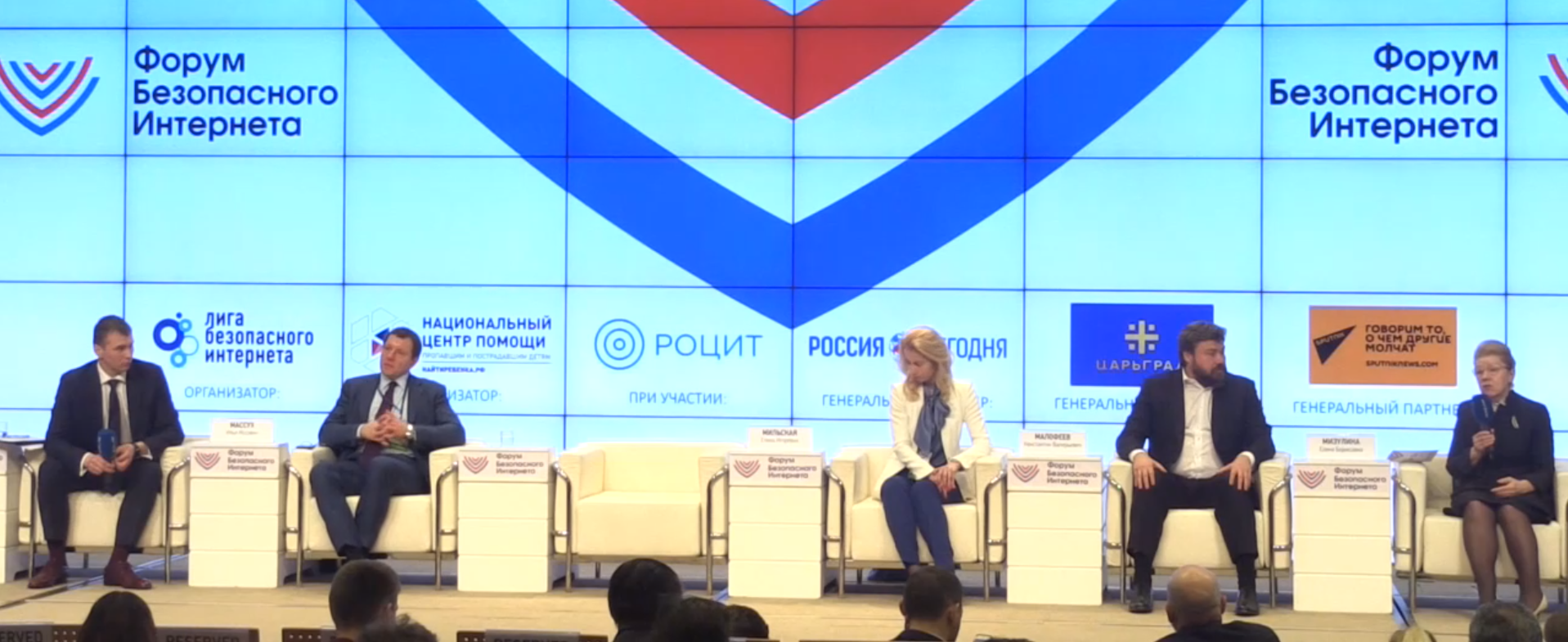Within the framework of the Secure Internet Forum, which is taking place in Moscow today, Federation Council member Elena Mizulina spoke about amendments to a number of laws, thanks to which age classification of games can be introduced in Russia.

Secure Internet Forum
The issue of amendments arose thanks to Denis Davydov, CEO of the League for Safe Internet, a non-profit partnership that, according to the official website, is countering the spread of “dangerous content” on the network.
Appealing to the “multiple increase in violence among minors,” Davydov raised the topic of whether it is worth “banning shooters, online games related to violence”: “You often see a teenager who kills 300-500 people, a regiment, a battalion on a portable console in ten minutes. Maybe the roots grow from there? Regarding the ban on shooters and online games, how will we act?”
Davydov addressed his question to Elena Mizulina, who had previously promised to bring the issue of age marking of games to public discussion.
Mizulina replied that work is already underway to amend two laws — the law on the protection of children and the Code of Administrative Offenses. According to her, if the changes are adopted in Russia, the age marking of video games may arise.
“We propose to extend the age classification to such games (video, computer, network), where violence is close to reality. To put an 18+ sign on such games. This was recorded in the project.”
However, Mizulina noted that during the preparation of edits, legislators had a problem with terminology.
“It is unclear how to properly label such a game. We cannot include everyday terminology (in the spirit of a “shooting game”) in the law. In addition, the terminology may change. Some other terms may appear. Accordingly, there are generalization techniques, or you can give a list. While we are giving it a list, then, if anything, we will correct it.”
Mizulina also noted that she would be very grateful if she and her team would be helped with finding “adequate definitions of this kind so that the list does not include games that are normal, which should not fall into the category of limited distribution. Here, of course, we are talking about a restriction, not a ban, except, of course, in cases when such information is prohibited.”
Also on the topic:
- Mizulina promised to bring the issue of age marking of games to public discussionDeputy Prime Minister for digitalization of the Russian economy denies plans to introduce revolving fines for IT companies
- The Minister of Education of the Russian Federation wants to limit the time working with gadgets, and the ombudsman compares games with drugs
